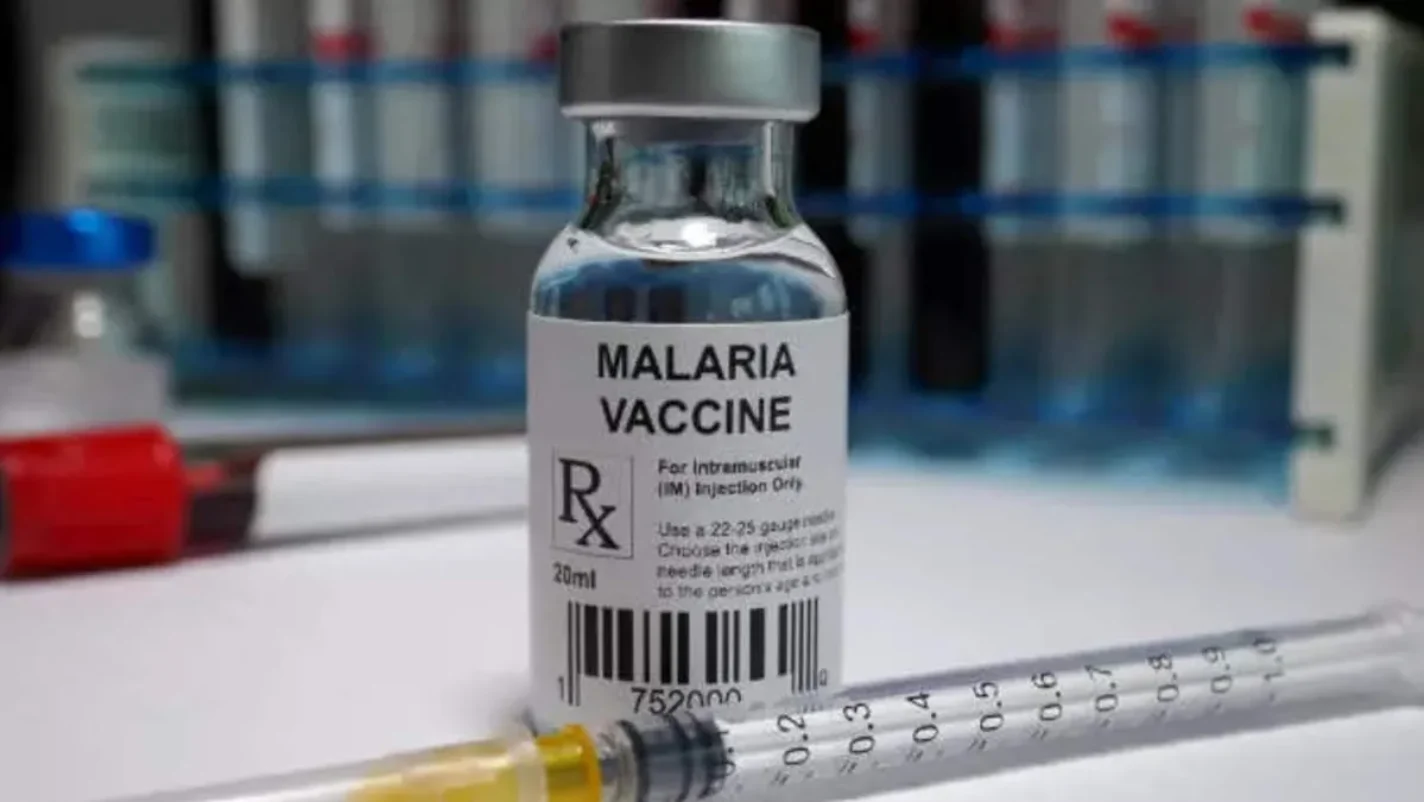In a groundbreaking move to combat malaria, the world’s first routine vaccine program has commenced in Cameroon, offering hope to thousands of children across Africa.
In a groundbreaking move to combat malaria, the world’s first routine vaccine program has commenced in Cameroon, offering hope to thousands of children across Africa.
The inaugural dose of the RTS,S vaccine was administered to baby girl Daniella at a health facility near Yaoundé, symbolizing a critical milestone in the fight against a disease that claims the lives of 600,000 people annually in Africa, with children under five constituting at least 80% of these fatalities.
Cameroon has taken a bold step by providing the RTS,S vaccine free of charge to all infants up to six months old. Administered in four doses alongside routine childhood vaccines, health officials aim to simplify the vaccination process for parents. The launch follows successful pilot campaigns in Kenya, Ghana, and Malawi, where the vaccine demonstrated a 13% reduction in deaths among eligible children, as reported by UNICEF.
Although the vaccine boasts an efficacy rate of approximately 36%, according to US researchers, making it a valuable tool in the fight against malaria, experts caution that it is not a “silver bullet.” Willis Akhwale of the End Malaria Council Kenya emphasizes the importance of combining the vaccine with other preventive measures such as mosquito nets and malaria tablets, potentially providing children with up to 90% protection from the disease.
Dr. Shalom Ndoula, a Cameroonian doctor involved in leading the vaccine rollout, expressed optimism about the impact on malaria cases and deaths. While acknowledging the vaccine’s lower efficacy, Ndoula highlighted its role as an additional tool to accelerate the elimination of malaria alongside existing preventive measures.
The development of the RTS,S vaccine spans 30 years of research by the British drug-maker GSK. The World Health Organization’s approval of the vaccine marked a historic moment in the global fight against malaria, with officials celebrating the launch in Cameroon as a significant step forward.
In a notable development earlier this month, Cape Verde became the first sub-Saharan African country in 50 years to be officially declared malaria-free by the World Health Organization, adding to the momentum in the region’s battle against the mosquito-borne disease.
Despite the positive strides, concerns about vaccine hesitancy persist among some Cameroonians. Wilfred Fon Mbacham, a Cameroonian king and professor of public health biotechnology, addressed fears by emphasizing the need for public education on the vaccine’s safety and benefits.
At the launch, vaccination official Daniele Ekoto reassured mothers about the vaccine’s safety, effectiveness, and the fact that it is provided free of charge. However, challenges in dispelling doubts remain, prompting a call for increased efforts to educate the public.
One mother at the vaccination center in Soa, near Yaoundé, highlighted the undeniable benefits of vaccinating her child against malaria, recognizing the severity of the disease and its potential consequences.
In 2021, Africa accounted for 95% of global malaria cases and approximately 96% of related deaths. With Cameroon reporting about six million malaria cases annually and 4,000 deaths in health facilities, the vaccine program’s impact could be substantial, particularly in the 42 districts with the highest rates of morbidity and mortality.
Twenty other countries, including Burkina Faso, Liberia, Niger, and Sierra Leone, aim to roll out similar vaccine programs this year, according to the global vaccine alliance, Gavi. However, the current demand for doses exceeds availability, with only about 18 million doses allocated before 2025, falling short of the recommended approval for certain countries.
Anticipating an increase in available doses, a second jab, R21, developed by Oxford University, is expected to contribute significantly. Manufactured by the Serum Institute of India, the production target is 100 million doses per year, pending regulatory approvals following the WHO’s recommendation for use in the previous year.
As the global community celebrates this historic milestone in the fight against malaria, the ongoing challenges of vaccine hesitancy and limited availability underscore the need for continued efforts to eradicate one of the deadliest diseases affecting the African continent. The hope is that the successful implementation of routine vaccine programs will pave the way for a malaria-free future for the generations to come.
